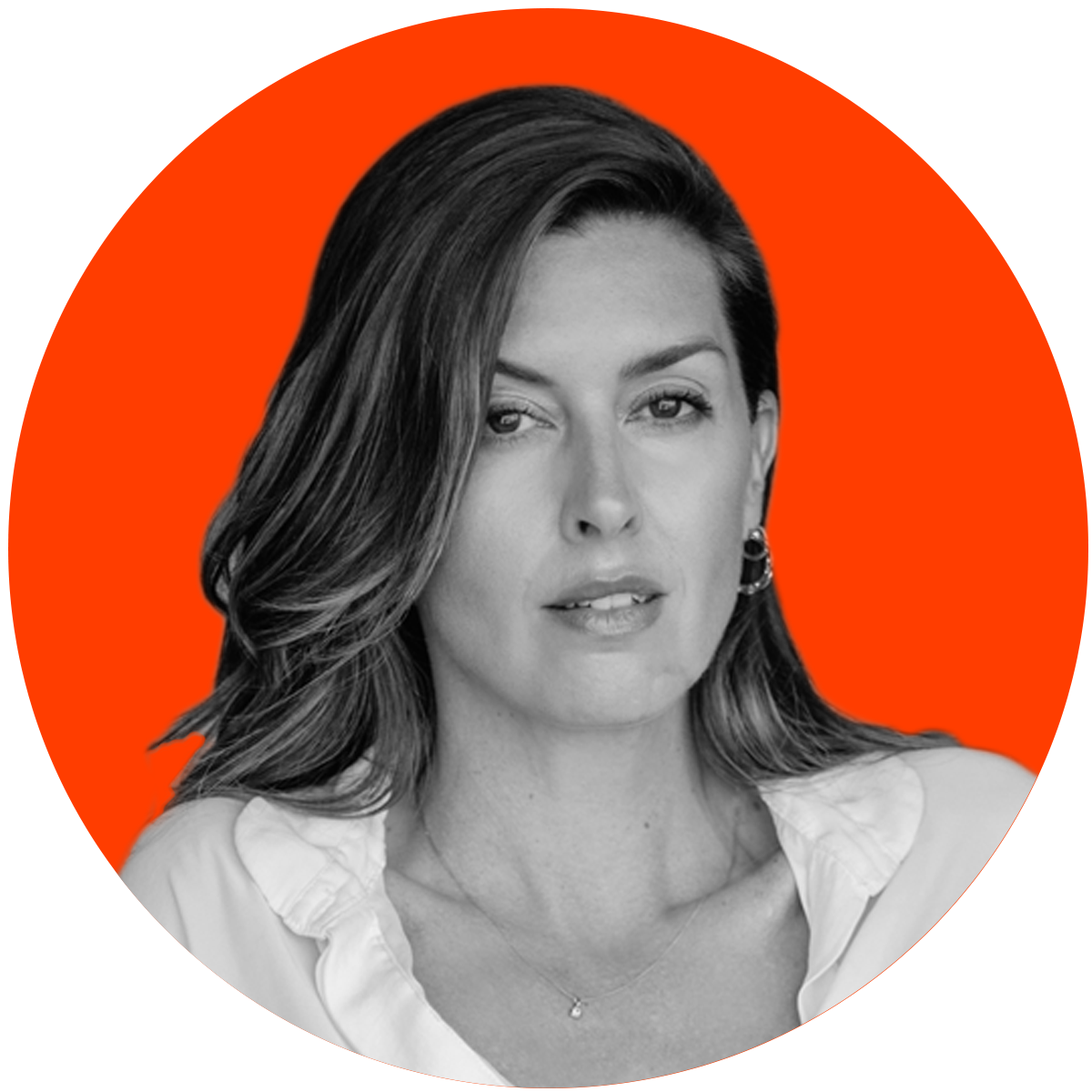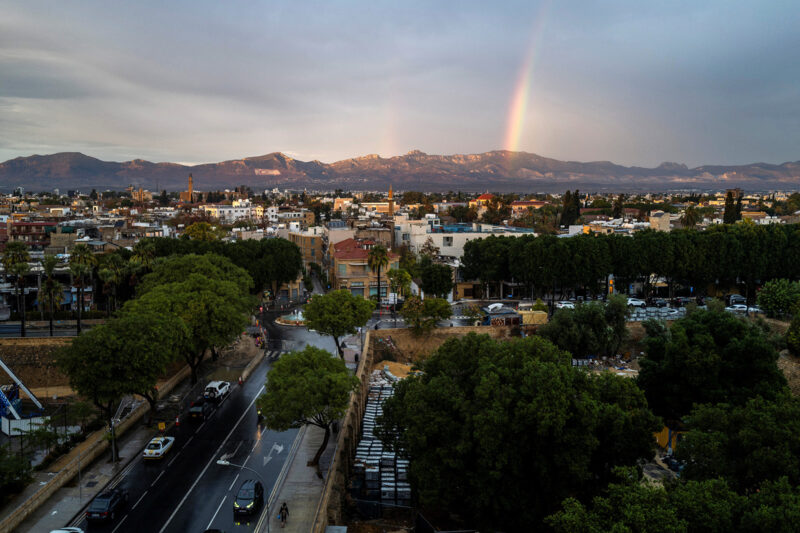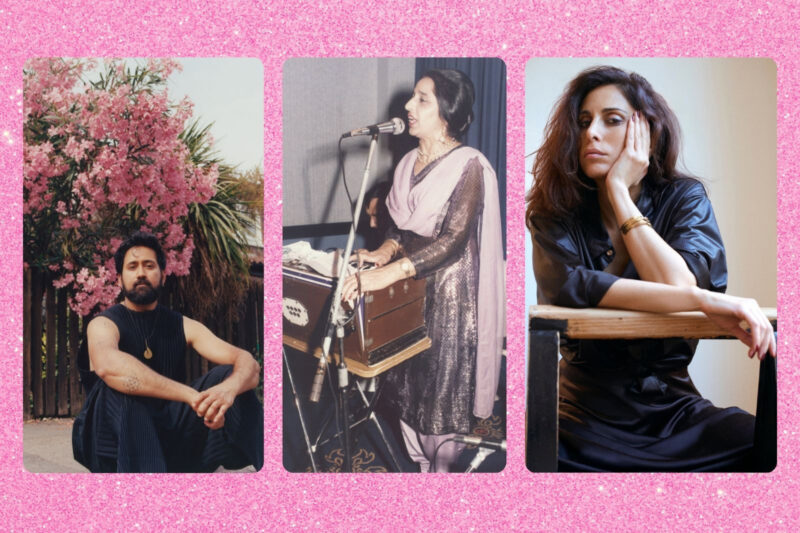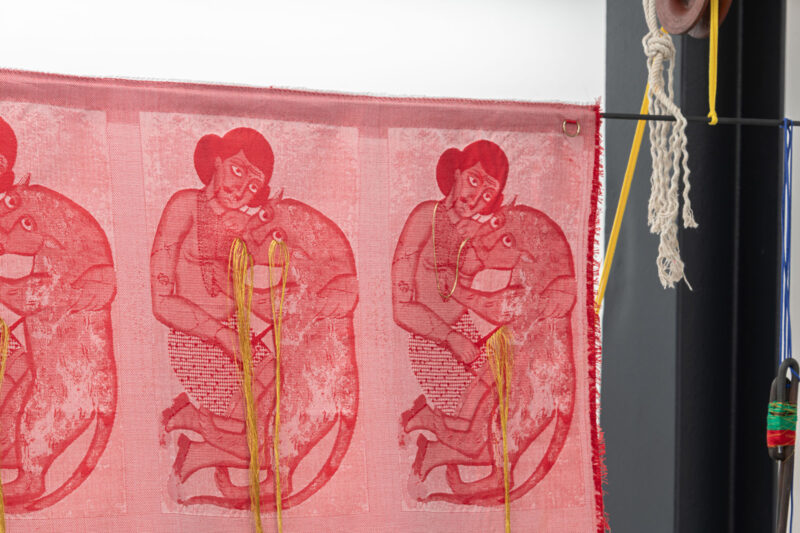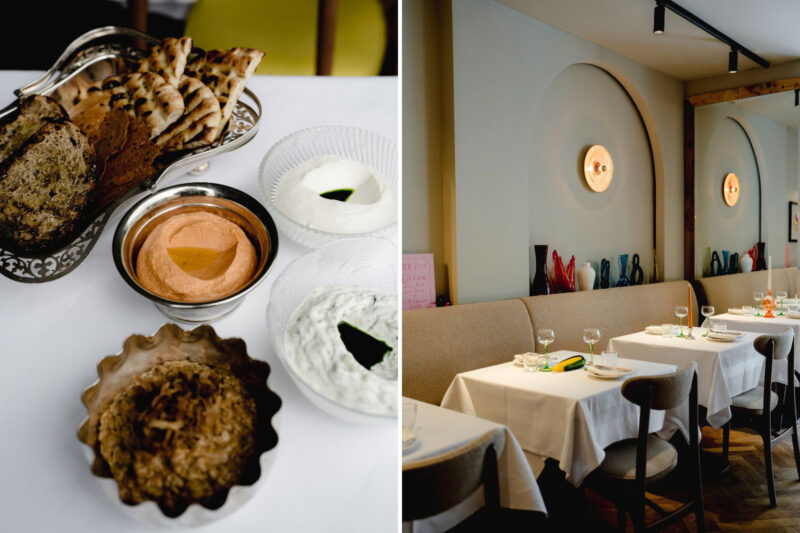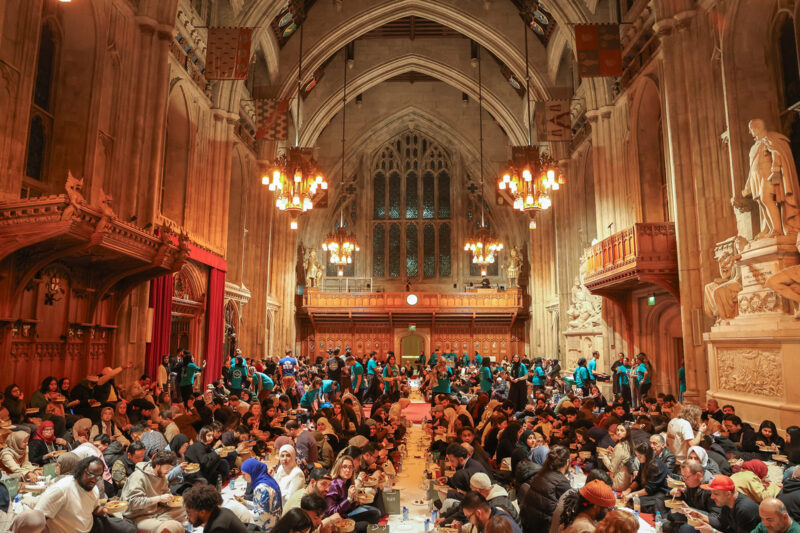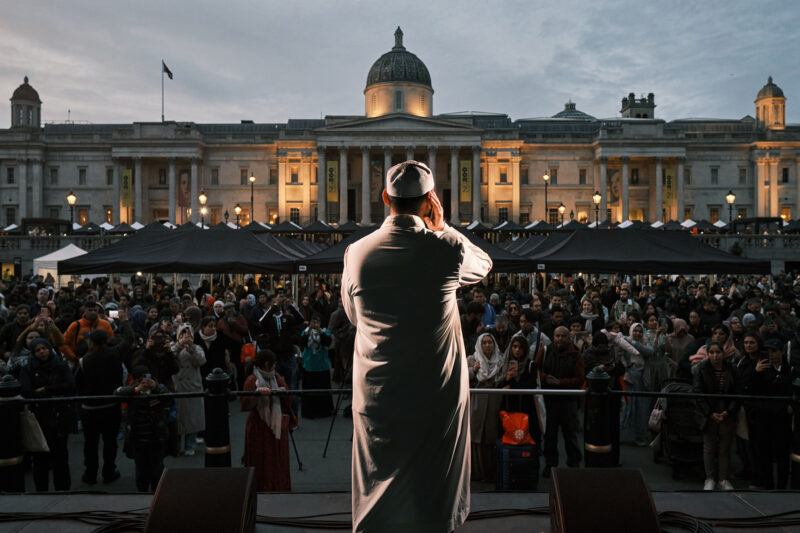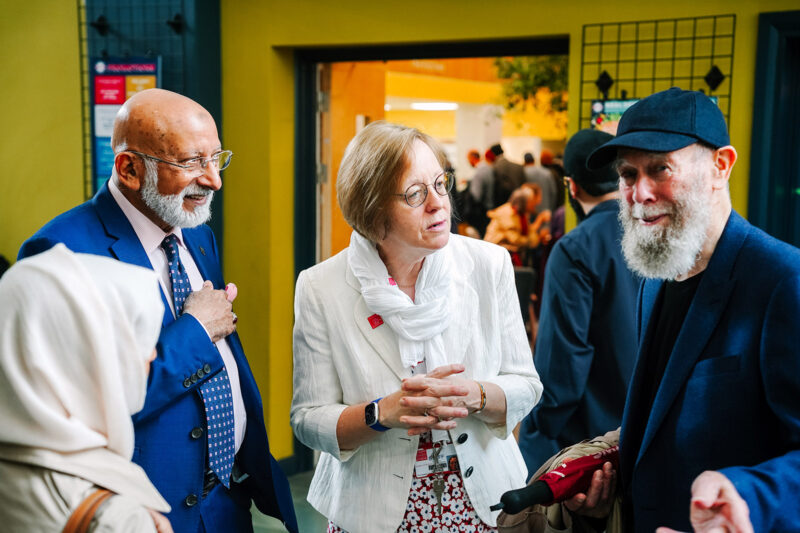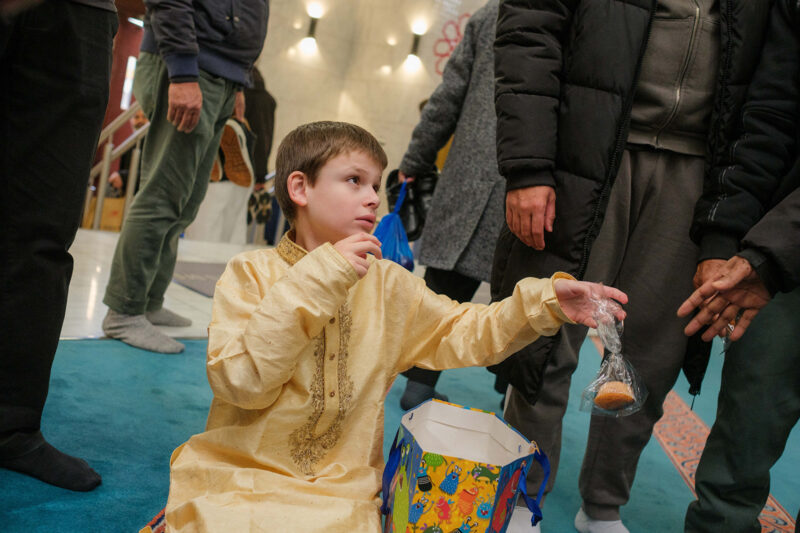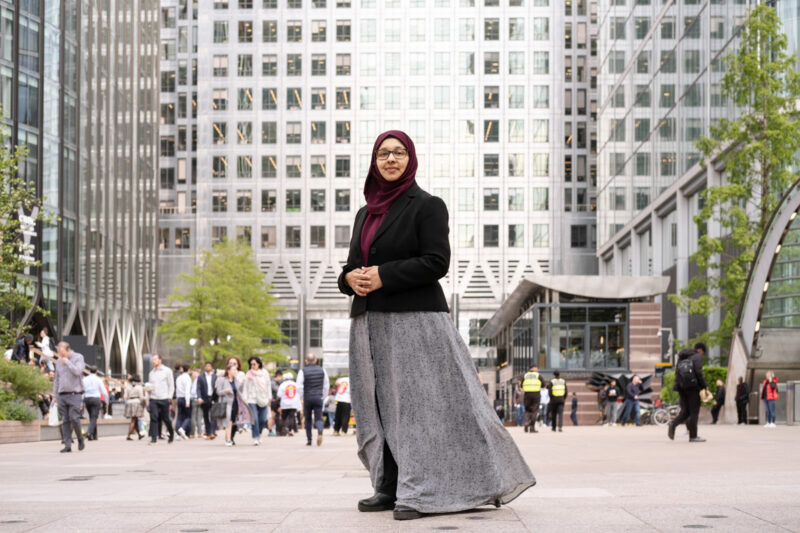The state-sponsored mosque dividing opinion in Greece’s Muslim community
Concerns grow as several established prayer spaces in Athens have recently been closed by police
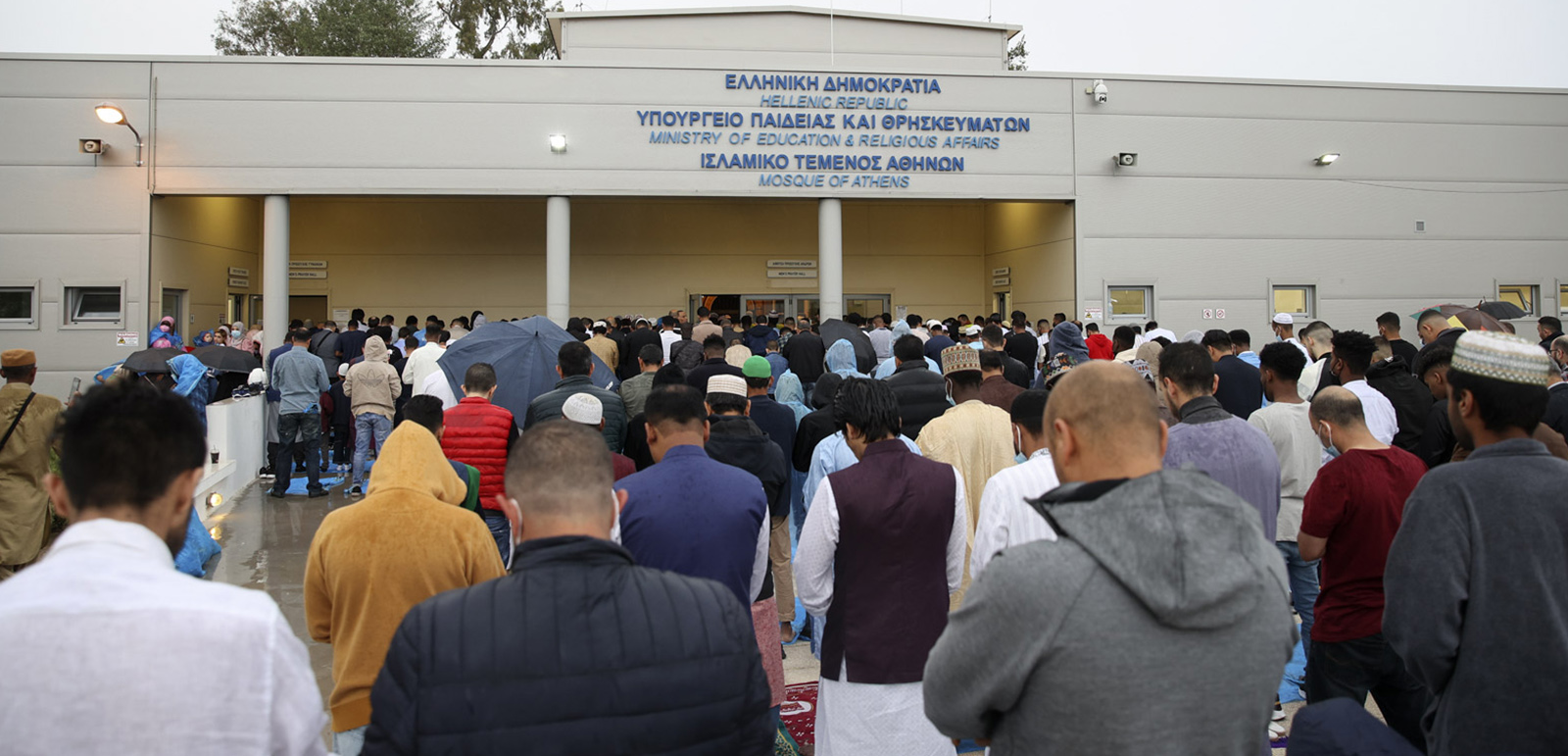
Tucked out of sight, behind a military surplus store and a truck forecourt in the western suburb of Votanikos, lies the only officially recognised mosque in Athens. The large, modern building has no minaret, but it does have a sign outside in English and Greek, bearing the words “Hellenic Republic Ministry of Education and Religious Affairs Mosque of Athens”. It also has a 24-hour police guard.
The newly constructed building’s official opening has been delayed indefinitely by the Covid-19 pandemic, so for the past two years it has been operating on a trial basis. Its large, white-walled, gender-segregated prayer space can hold up to 350 people, but most Fridays it hosts around 80.
“Of course I’m happy with the mosque,” said Zaki Mohammed, the institution’s state-appointed imam. “We have a place to pray now. Greece is a country that accepts all religions. We can practise freely here.”
Before the building quietly opened its doors in November 2020, Athens was the only European capital without an officially sanctioned mosque. Now it is the only European capital with a mosque paid for and managed by the government. Whether this is cause for celebration or protest has divided opinion among the 500,000 Muslims living in Greece. While some see it as a symbolic gesture of inclusion by the Greek state, others feel that it is a stark example of a government effort to control and monitor the country’s Muslim minority.
“It’s not a mosque. It does not look like a mosque. It does not operate like a mosque. It is a prayer hall with the permission of the government,” said Anna Stamou, a spokesperson for the Muslim Association of Greece.
More than 300,000 Muslims are estimated to live in Athens. Most are immigrants from the Middle East and South Asia. Many are not naturalised citizens. Before the Greek government opened the new Athens mosque, large numbers of them worshipped in the illegal prayer halls that occupy basements, empty shops, warehouses and abandoned buildings across the city. Most still do.
In 2006, the Muslim Association of Greece made an initial application to the Ministry of Education and Religion for an officially recognised mosque to be established in Athens. The organisation’s aim was not to seek funding for the construction of an ostentatious building, which could easily have been secured from foreign donors. The request was simply that the government provide a legal place of worship that would recognise and celebrate the unique identity of the Athenian Muslim community.
“We told the authorities we didn’t want a very rich mosque, like the churches in Rome, because we wanted to avoid the influence of oppressive countries that would have a lot of money to fund it,” Stamou said.
“We live in Greece, it’s a free democratic country and we, as Muslims, should have a democratic voice in our worship.”
Stamou and others have numerous objections to the mosque that opened 14 years later — the biggest being that it is run predominantly by Christian representatives of government bodies, not Muslims. Of the nine members of the mosque’s managing committee, only two are Muslims. According to Stamou, they do not speak very good Greek, which poses challenges when it comes to understanding legal matters. She added that Mohammed, the institution’s imam, who moved from Morocco to Greece almost 30 years ago, is well-liked but not a trained theologian.
“In the Arab world, they are laughing. How ridiculous is this? To have a mosque not run by Muslims? And the imam is not an imam? He can work as one but he is not a theologian who can represent Greece in international discussions,” Stamou said. “I don’t want to diminish them, but to me it shows how this state perceives Muslims in the country. For me, it’s an institutional Islamophobic policy.”
While the new Athens mosque is closely managed by the government, it has become increasingly difficult for unlicensed places of Muslim worship to obtain the permits necessary to operate legally in Greece. Over the past decade, there has been a noticeable tightening of bureaucracy around Islamic spaces, which some Muslim leaders believe to be a deliberate strategy.
In 2012, under conservative Prime Minister Antonis Samaras, the Ministry of Education and Religious Affairs revived a largely ignored law passed in 1936 that requires all places of worship to have a government permit. Since then, most of the capital’s 90 or so makeshift mosques have applied for permission to operate. So far, only 13 have been successful and at least 15 have been closed.
‘How come there are mosques in all the other countries, like France, Germany and England?’
Imam Saeed Hamdy runs the city’s oldest and largest illegal mosque in the south-western suburb of Moschato. More than 500 people come to pray there most Fridays. It’s a clean and organised space that clearly meets a need within the local Muslim population. But Hamdy is struggling to secure official recognition, which leaves the whole congregation in a precarious position.
“Everything I’ve been asked for in terms of paperwork was submitted three years ago,” he said. “We went many times to the ministry to ask them, but we still haven’t received an answer. We’ve got a lawyer, but even he can’t get an appointment. We need the permit in order to be a mosque. This isn’t a mosque now. It’s viewed as an association and they can shut it down at any time.”
Hamdy pointed to the recent police closures of several of the city’s established Muslim prayer spaces, mentioning al-Andalus mosque near Piraeus port and two more in the suburbs of Kallithea and Metaxourgeio. However, he struggled to explain or understand what appears to him to be a pattern of permit refusals.
“How come there are mosques in all the other countries, like France, Germany and England?” he said. “All these countries have had mosques for more than 50 years. I don’t know, but I can only guess they don’t want them here.”
Despite sitting as a member of the administrative committee of the new Athens mosque, Ashir Haider, a leader of the Shia community in Athens, has also failed to get a permit for the Azakhana Gulzare Zainab prayer hall, which he runs in Piraeus. The community has 450 registered members and hosts up to 1,200 people for prayers during Eid al-Fitr and Eid al-Adha. The space’s large basement has a kitchen and a room for holy relics. A neighbouring building has also been rented for the growing number of women and children who attend prayers there.
Haider insisted that the difficulties his and other Muslim places of worship have experienced in getting permits are not a result of the Greek state’s reluctance to legalise mosques, but a combination of complex bureaucracy, demographics and history.
“We cannot compare France, Denmark or Norway with Greece. In Athens, we didn’t have Muslims, so we didn’t have a mosque,” he argued, pointing out that historically indigenous Greek Muslims were based in the north of the country, where many long-established mosques still operate legally. The right to Islamic worship was enshrined in the Lausanne Treaty of 1924, when peace was brokered with the Ottoman empire.
If anything, Haider sees the new Athens mosque as a positive development.
“We are the only European capital that has a state-funded mosque,” he said. “So, we have to keep in mind that this effort by the state is really symbolic and I think it’s something very unique.”
Further north, in Greece’s second-largest city, the picture is rather different. Last year, the refusal of a well-publicised application to establish an officially recognised mosque in Thessaloniki angered critics of the Greek government. Meanwhile, on islands such as Cos, Rhodes and Crete, which have long had significant Muslim populations, makeshift mosques are also struggling to attain legal status.
Crete, the largest Greek island, has a population of more than 600,000, of which around 1,500 are practising Muslims. It boasts many beautiful mosques built during three centuries of Ottoman rule, but not one of them functions as a place of Muslim worship today. Instead, they have been converted into churches, museums, hotels, galleries or abandoned.
Most worrying of all for Cretan Muslims, the island’s oldest, largest and most established prayer space, in the town of Chania, has had its permit revoked.
When the al-Rahma prayer hall’s legal status was removed four years ago, Ashraf Kabara, president of the Islamic Association of Crete, spent months and a substantial amount of money gathering all the documents required to have its permit reinstated. He is still waiting on a decision from the ministry and operating under constant threat of closure. Two years ago police arrived to shut the space down. Kabara was able to stop them only by presenting his unresolved permit application.
“There are no mosques operating in Crete now,” he said “We pray in shops or basements, or even in apartments because mosques are not allowed. That’s what it will say on the permit: a place of prayer, not a mosque. The fact that we are not allowed to even have that — isn’t that a shame?”
Kabara has not visited the new Athens mosque and has no plans to.
“It’s not a mosque,” he said. “They’ve just made something sketchy to say there’s a mosque and put the Greek state in charge.”
Kabara, who moved to Greece from Egypt in 1987, added that in recent years he has found it increasingly difficult to practise his faith in the country. He believes that growing anti-Muslim sentiment in Europe has further inflamed a deep and historical enmity between Greece and Turkey that can be traced back to the days of Ottoman occupation. He added that warnings issued by the Egyptian leader Abdel Fattah al-Sisi to the conservative Prime Minister of Greece Kyriakos Mitsotakis about the threat of Islamist terrorism crossing its borders from Turkey will not have helped matters.
“Muslims have been in Greece for a long time and have never created any problems,” Kabara said. “In general, Greece had problems with the Turks, but why is this our fault? Leave us out of it. We are Muslims, we are here and we must be looked upon as human beings.”
Back in Athens, Stamou believes the rise of the European far right may have influenced what she sees as an increased effort by Greek authorities to control Muslim spaces. In 2012, Golden Dawn, a neo-Nazi organisation that emerged during Greece’s long and scarring economic crisis, became the third-largest political party in the country with 6.9% of the popular vote, securing 21 of 300 possible parliamentary seats.
By 2013, nearly 50 people linked to the party, including its leader and five MPs, had been charged with offences against migrants and refugees, ranging from murder to blackmail. Ten police officers were directly and indirectly linked to criminal activities attributed to Golden Dawn members. A Human Rights Watch investigation found that 51 people, including refugees and two pregnant women, suffered serious xenophobic attacks in Greek public spaces between August 2009 and May 2012.
Stamou compared that period to the political shifts now being seen in France and Sweden, where establishment parties have been challenged by far-right, anti-immigrant nationalist movements. In 2019, Golden Dawn lost its parliamentary presence and, two years later, its leader Christos Pappas was arrested and jailed on charges of running a criminal organisation. However, an increased hostility to immigrant groups lingers on in the nation’s politics. The number of reported racist attacks has dropped, but debate in parliament is often inflammatory.
Former prime minister Antonis Samaras has blamed Mitsotakis for not preventing what he referred to as an “invasion by illegals” who are “colonising” Greece. In 2021, Greece pushed ahead with controversial legislation to accelerate the deportation of undocumented migrants, despite an 86% drop in the number of new arrivals compared to the previous year. In June, the EU’s top immigration official told Greece that it was at risk of losing EU recovery funds in response to widespread outrage over the government’s policy of “pushbacks” on its land and sea borders.
Yet, even against this backdrop, Stamou remains hopeful and wants to work with the authorities to help transform the new Athens mosque into a truly Islamic place of worship.
“We have cooperated with the government for many years, but when things go bad, we should react because we are Greeks and Muslims,” she said. “When things take an Islamophobic turn, we must say no. We’re not in opposition to the government. We started this project together, but when they misuse it we have to speak up. We have to maintain our dignity here.”
The Ministry for Education and Religious Affairs did not respond to requests for comment.
 Newsletter
Newsletter

